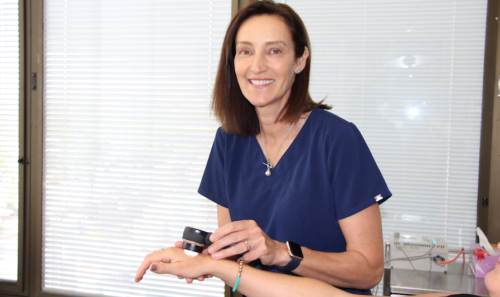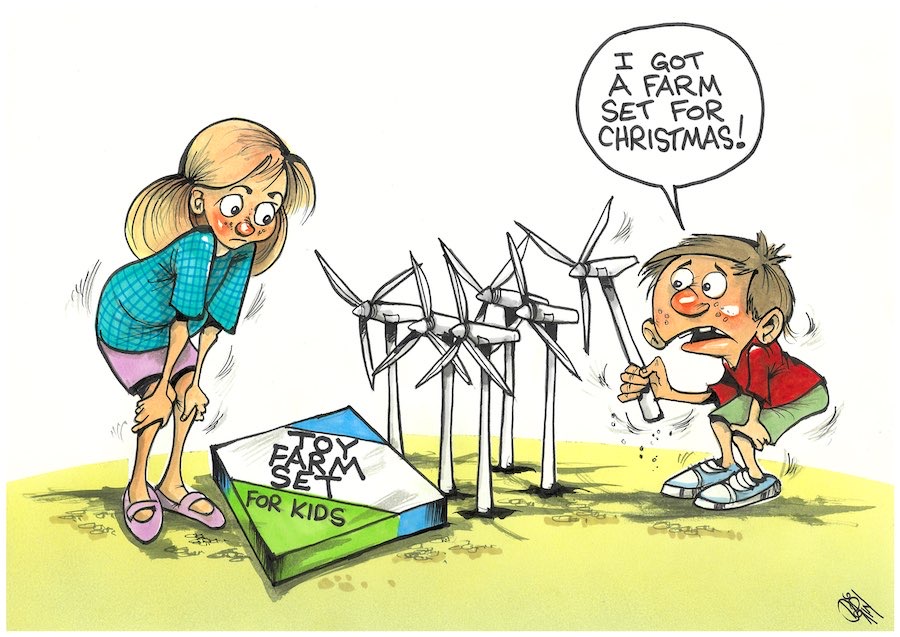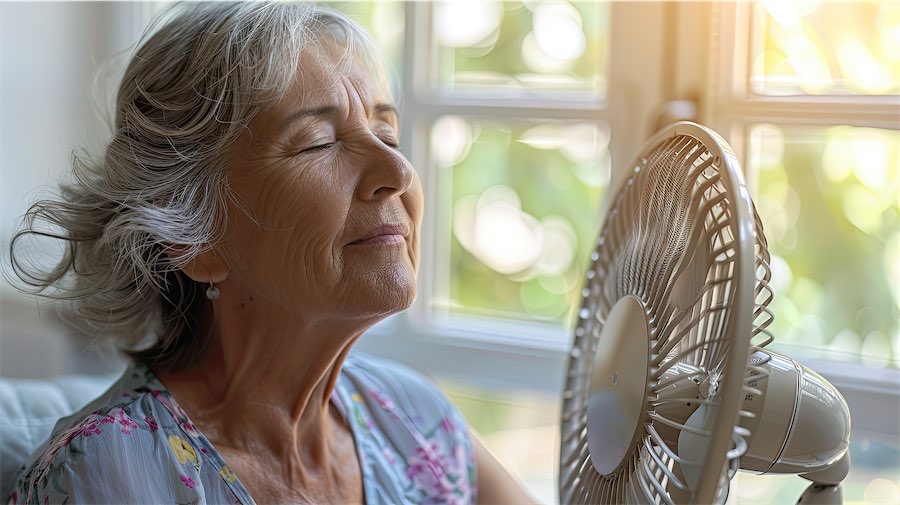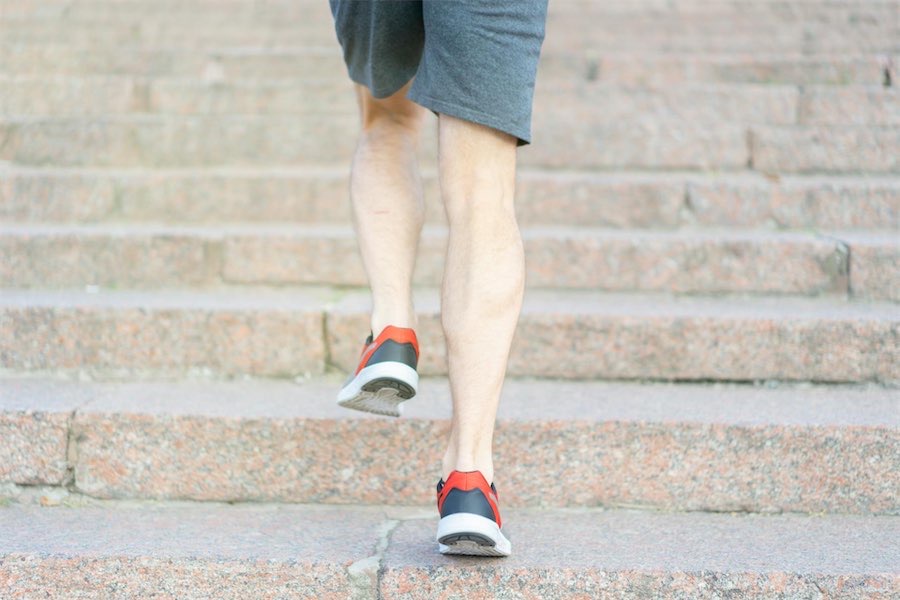
WHEN it comes to preventing skin cancers and avoiding ageing skin, consultant dermatologist Dr Diana Rubel says it’s important to be prepared.
“The number one reason we see people sunburnt is because they don’t take their sunscreen with them,” says Diana, who practises at Woden Dermatology.
A lot of people say a spontaneous trip to the beach or an unexpected outing outside in the sun was when they got sunburnt, which is why Diana urges people to be prepared for the unexpected.
“It’s about creating a habit, having a sunscreen you like and having it close by all the time,” she says.
“I’m a fan of clothing because clothing doesn’t wear off. Sunscreen is not enough. If people are super keen to protect their skin then they need to wear clothes with a collar, use an umbrella, scarf and/or hat.”
For people concerned about a spot, lesion or mole, or anything out-of-the-ordinary on their body, Diana says make an appointment with their GP to begin with.
“Always start with your GP. They might have other GPs in that practice who they’ll outsource or they might make the decision for you to go to a dermatologist,” she says.
When in doubt, Diana says it’s always worth getting any concerning spots investigated by a doctor.
Diana has spoken to people who have a melanoma on their back but they didn’t think to get it checked because it didn’t bother them and it wasn’t itching or sore, or it was just a pimple but it was there for two years.
“Things to look out for are new lesions, rapid growth, bleeding and lots of colours,” she says.
“You’d also be looking for rapidly growing spots that are often not sore but can be sore.”
To avoid skin cancers such as basal cell carcinoma, squamous cell carcinoma and melanoma, which is the most dangerous form of skin cancer, Diana recommends that people get to know their skin.
“We divide skin types into numbers. Type one is the worst for skin cancer and it usually affects people with light skin,” she says.
“If you have skin type one, not only do you have to be more careful in the sun but you also have to get checked more often.”
People who have had skin cancer are at risk of getting it again, too, according to Diana, who says immuno-suppressed people are also at risk because the immune system helps to fight the cancer.
Since skin cancer occurs when skin cells are damaged, for example, by overexposure to ultraviolet (UV) radiation from the sun, Diana says people should regularly check the UV index on the Bureau of Meteorology website to see how much they should be covering up each day.
“If [the UV index] is three or higher, you want to use sun protection. If it’s below three, sunscreen is not recommended,” she says.
“Melanoma will pop up anywhere on the body, but more likely where you’ve had sunburn.
“If you’re going to be outside working, you need to be covered up. Skin cancer does follow chronic clothing patterns and avoiding skin cancer is a matter of sun protection and regular skin checks at your GP.”
Who can be trusted?
In a world of spin and confusion, there’s never been a more important time to support independent journalism in Canberra.
If you trust our work online and want to enforce the power of independent voices, I invite you to make a small contribution.
Every dollar of support is invested back into our journalism to help keep citynews.com.au strong and free.
Thank you,
Ian Meikle, editor





Leave a Reply